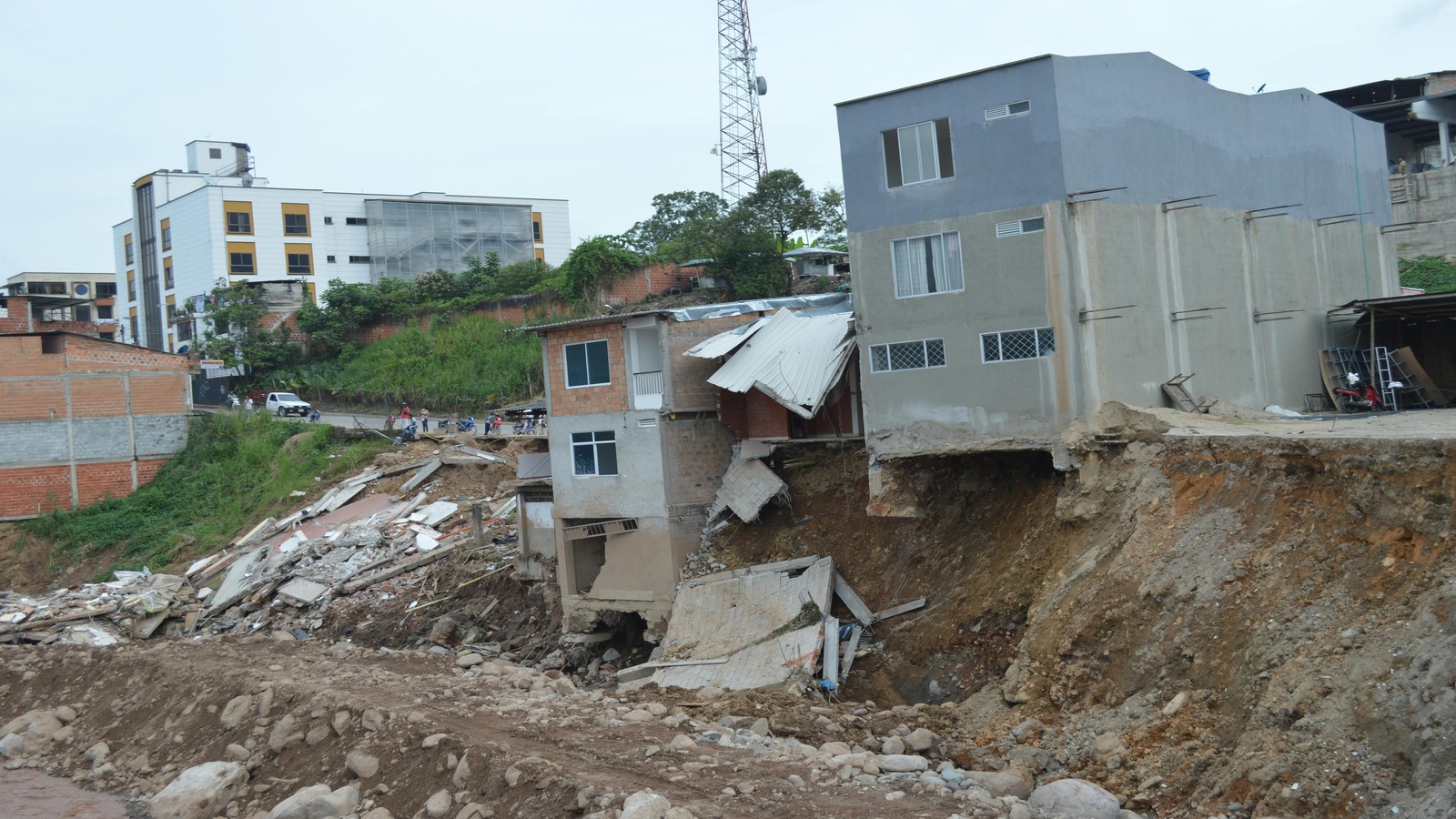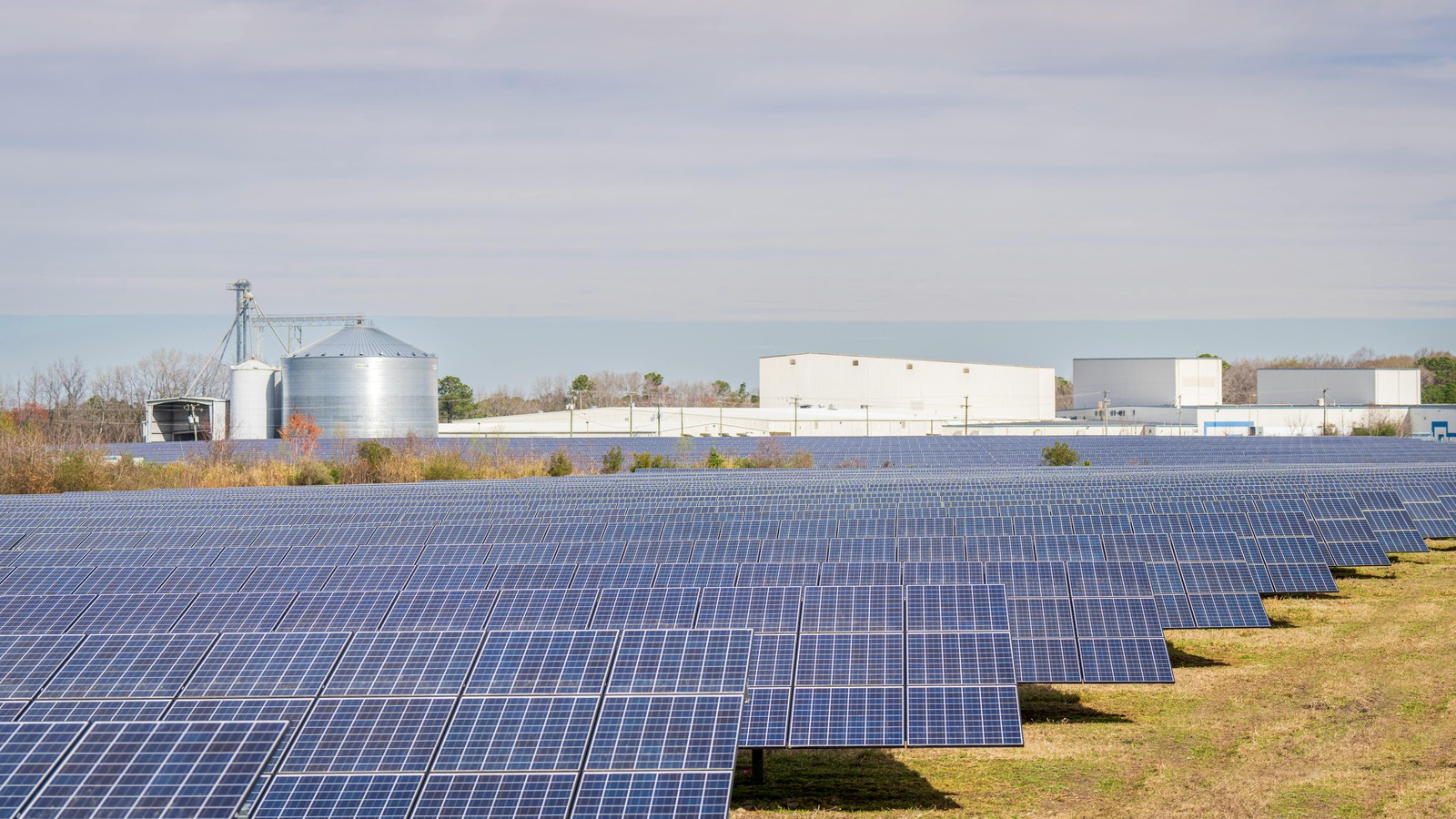In Malaysia, finding effective solutions for protecting ecosystems is crucial where granular silica has emerged as a versatile and eco-friendly material. Granular silica is a fine, sand-like material composed primarily of silicon dioxide (SiO₂).
Widely available and compatible with the country’s industrial and environmental needs, this naturally occurring or synthetically produced substance is being increasingly utilized in applications such as water filtration, soil remediation, and green construction.

Key Environmental Applications of Granular Silica
Water Filtration and Purification
One of the most significant contributions of granular silica is its use in water filtration systems. Its uniform particle size and high porosity make it an excellent medium for trapping impurities, sediments, and harmful microorganisms. Municipal water treatment plants, swimming pools, and industrial facilities rely on silica filters to ensure the delivery of clean, safe water. Granular silica’s inert and durable nature reduces the need for frequent replacements, minimizing waste and lowering costs.
Soil and Groundwater Remediation
Granular silica is widely used in soil stabilization and groundwater remediation projects. It helps control soil erosion by improving soil structure and acts as a carrier for environmental clean-up agents like activated carbon or other chemical adsorbents. In contaminated groundwater, silica can aid in filtering out hazardous substances, enabling the restoration of natural water tables and safeguarding drinking water supplies.

Energy Efficiency in Construction
In green construction, granular silica contributes to sustainability through its role in producing high-performance concrete and insulation materials. Silica fume, a byproduct of silicon production, is often added to concrete mixes to improve strength and durability, reducing the environmental footprint of construction projects.
Support for Renewable Energy
The solar industry also benefits from granular silica, as it is a key material in producing photovoltaic (PV) cells. The quality and purity of silica used in PV panels directly impact their efficiency and lifespan, making it a critical component in advancing renewable energy technologies.
Environmental Benefits
- Sustainability: As a naturally abundant material, silica aligns with the principles of sustainability when sourced and processed responsibly.
- Longevity and Recyclability: Its durability reduces the need for frequent replacements, and it can often be reused or recycled in certain applications.
- Non-Toxicity: Granular silica is inert and poses minimal risks to humans, animals, and plants when used appropriately.

Challenges and the Way Forward
While granular silica is a valuable asset for environmental protection, it is essential to ensure sustainable extraction and processing methods to prevent ecological harm. Overharvesting of natural silica reserves or improper waste management can negate its environmental benefits.
Innovations in synthetic silica production and the development of recycling technologies hold promise for enhancing the material’s eco-friendliness. Collaborations among industries, researchers, and policymakers are critical to unlocking the full potential of granular silica as a cornerstone of environmental sustainability.

Granular Silica: Supporting Sustainability and Ample Worldwide’s Green Vision
Granular silica’s diverse applications make it a vital ally in addressing environmental challenges, perfectly aligning with Ample Worldwide’s commitment to sustainability and excellence. From purifying water to enabling renewable energy, this unassuming material underpins efforts to create a cleaner, greener future. Similarly, Ample Worldwide’s values of driving an excellent sustainable financial performance and being committed to leadership in sustainability echo the importance of adopting innovative and responsible practices. By harnessing the properties of granular silica responsibly, in line with these principles, we can protect our planet and ensure a sustainable legacy for generations to come while fostering both environmental and financial excellence.


